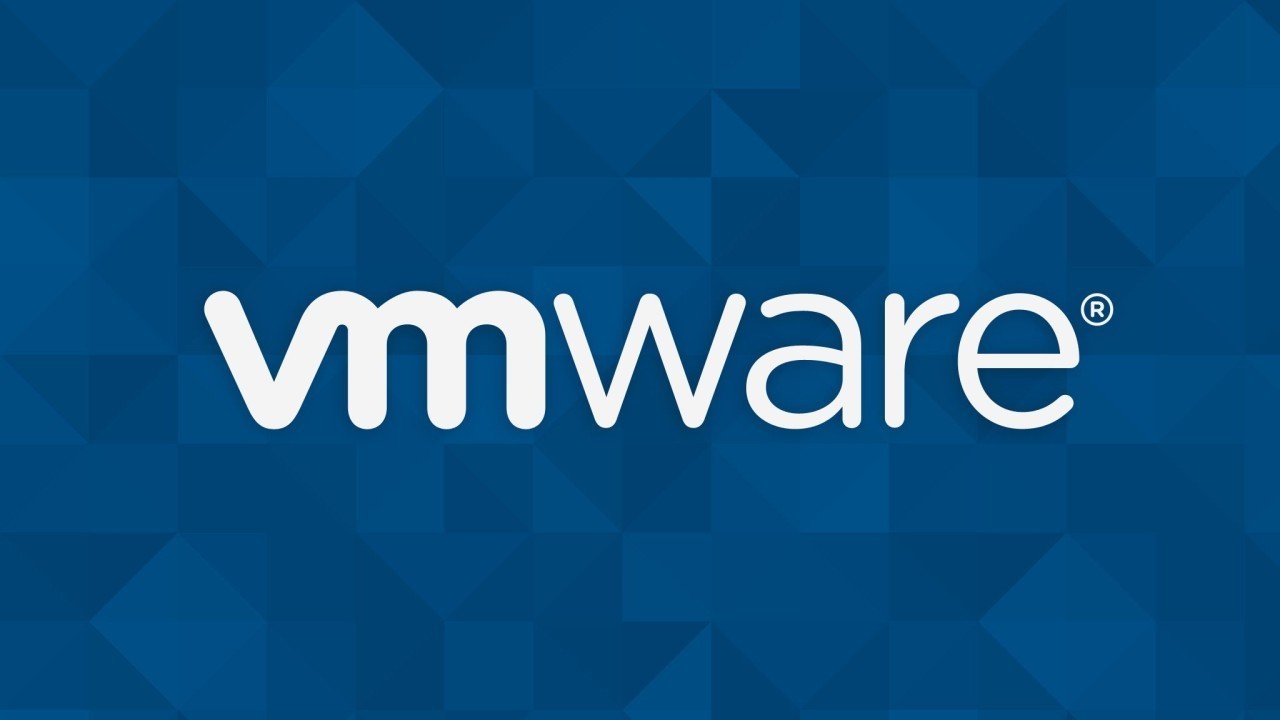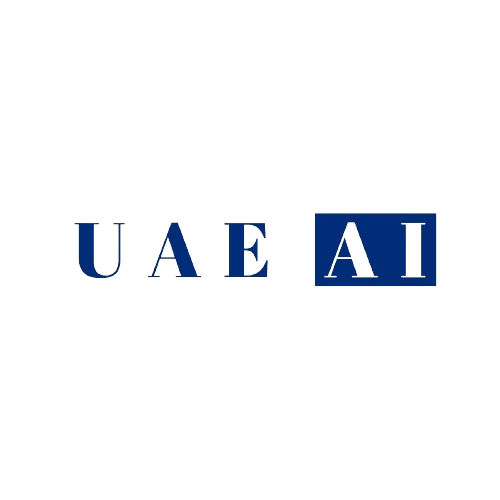In the world of virtualization technology, VMware stands out as a pioneering and industry-leading solution. VMware offers a comprehensive suite of products and services that enable organizations to create, manage, and optimize their virtual infrastructure. This article explores the unique features of VMware that set it apart from other virtualization platforms and make it a preferred choice for businesses of all sizes.

VMware’s virtualization technology is renowned for its robust feature set and capabilities. One of the most unique and significant features of VMware is its ability to create and manage virtual machines (VMs) with exceptional flexibility and efficiency. VMware allows users to create multiple VMs on a single physical server, each running its own operating system and applications independently. This enables organizations to maximize their hardware resources, reduce costs, and improve overall IT efficiency.
vSphere: The Foundation of VMware’s Virtualization Platform
At the core of VMware’s virtualization solution is vSphere, a comprehensive suite of tools and services that provide a robust foundation for creating and managing virtual infrastructure. Some of the key components of vSphere include:
- ESXi Hypervisor: The bare-metal hypervisor that enables the creation and management of VMs on physical servers.
- vCenter Server: A centralized management platform for controlling and monitoring the virtual environment.
- vSphere Client: A user interface for managing the virtual infrastructure and accessing VMs.
- vMotion: A feature that allows live migration of VMs between physical servers without downtime.
High Availability and Fault Tolerance
VMware offers advanced features to ensure high availability and fault tolerance for critical workloads. These features include:
- vSphere High Availability (HA): Automatically restarts VMs on other hosts in the cluster in case of hardware failure.
- vSphere Fault Tolerance (FT): Provides continuous availability for VMs by creating a live shadow instance that takes over in case of a failure.
- vSphere Distributed Resource Scheduler (DRS): Dynamically balances VM workloads across a cluster based on resource utilization and predefined policies.
Storage and Network Virtualization
VMware extends its virtualization capabilities beyond compute resources to include storage and networking. Some of the unique features in this area include:
- vSAN: A software-defined storage solution that pools local storage resources to create a resilient and scalable shared storage system.
- NSX: A network virtualization and security platform that enables the creation of software-defined networks, micro-segmentation, and advanced security features.
- vSphere Virtual Volumes (vVols): A storage virtualization feature that provides granular management and control of storage resources at the VM level.
Automation and Orchestration
VMware offers powerful automation and orchestration capabilities to streamline IT operations and reduce manual intervention. Some of the key features include:
- vRealize Automation: A cloud automation platform that enables the creation and management of self-service catalogs for provisioning VMs and applications.
- vRealize Orchestrator: A workflow automation tool that allows the creation of custom workflows to automate complex tasks and processes.
- PowerCLI: A command-line interface and scripting tool for automating vSphere administration tasks.
Hybrid Cloud Integration
VMware’s virtualization platform is designed to seamlessly integrate with hybrid cloud environments, enabling organizations to extend their on-premises infrastructure to the cloud. Some of the unique features that facilitate hybrid cloud integration include:
| Feature | Description |
| VMware Cloud Foundation | An integrated software stack that combines vSphere, vSAN, NSX, and vRealize Suite to provide a complete hybrid cloud infrastructure. |
| VMware Cloud on AWS | A fully-managed VMware environment running on Amazon Web Services (AWS) that enables seamless migration and management of workloads between on-premises and the cloud. |
| vCloud Director | A cloud service-delivery platform that enables the creation and management of secure, multi-tenant cloud environments. |
Key Takeaway
VMware’s unique features, including its powerful virtualization capabilities, high availability and fault tolerance, storage and network virtualization, automation and orchestration, and hybrid cloud integration, make it a comprehensive and flexible solution for organizations looking to optimize their IT infrastructure and drive business agility.
Conclusion
VMware’s virtualization platform stands out in the industry due to its robust feature set, flexibility, and ability to meet the diverse needs of modern IT environments. From creating and managing VMs to ensuring high availability and enabling hybrid cloud integration, VMware offers a comprehensive solution that empowers organizations to transform their IT infrastructure and drive business success.
Frequently Asked Questions
Q. What is VMware, and how does it work?
A. VMware is a virtualization software that allows multiple operating systems to run on a single physical server. It works by creating virtual machines (VMs) that share the hardware resources of the host server, enabling efficient utilization of computing resources.
Q. What are the benefits of using VMware for virtualization?
A. VMware offers several benefits, including increased hardware utilization, reduced costs, improved flexibility, enhanced disaster recovery capabilities, and simplified IT management. It allows organizations to consolidate their hardware resources and run multiple workloads on fewer physical servers.
Q. How does VMware differ from other virtualization platforms?
A. VMware stands out from other virtualization platforms due to its comprehensive feature set, robustness, and widespread industry adoption. It offers advanced capabilities such as high availability, fault tolerance, storage and network virtualization, and hybrid cloud integration.
Q. How does VMware ensure high availability and fault tolerance for virtual machines?
A. VMware offers features like vSphere High Availability (HA) and vSphere Fault Tolerance (FT) to ensure continuous availability of VMs. vSphere HA automatically restarts VMs on other hosts in case of hardware failure, while vSphere FT creates a live shadow instance of a VM that takes over in case of a failure.
Q. What is vSAN, and how does it enable software-defined storage?
A. vSAN is VMware’s software-defined storage solution that pools local storage resources from multiple servers to create a resilient and scalable shared storage system. It eliminates the need for traditional storage arrays and provides a more flexible and cost-effective storage option for virtualized environments.
Q. How does NSX provide network virtualization and security?
A. NSX is VMware’s network virtualization and security platform that allows the creation of software-defined networks, micro-segmentation, and advanced security features. It enables the provisioning of virtual networks, firewalls, and load balancers, providing granular control and enhanced security for virtual environments.
Q. What are vSphere Virtual Volumes (vVols), and how do they benefit storage management?
A. vSphere Virtual Volumes (vVols) is a storage virtualization feature that provides granular management and control of storage resources at the VM level. It allows storage arrays to become VM-aware, enabling more efficient storage provisioning, performance optimization, and policy-based management.
Q. How can VMware’s automation and orchestration features streamline IT operations?
A. VMware offers automation and orchestration tools like vRealize Automation, vRealize Orchestrator, and PowerCLI to streamline IT operations. These tools enable the creation of self-service catalogs, automated workflows, and scripted administration tasks, reducing manual intervention and improving efficiency.
Q. What is VMware Cloud Foundation, and how does it facilitate hybrid cloud adoption?
A. VMware Cloud Foundation is an integrated software stack that combines vSphere, vSAN, NSX, and vRealize Suite to provide a complete hybrid cloud infrastructure. It enables organizations to deploy and manage a consistent infrastructure across on-premises and public cloud environments, facilitating hybrid cloud adoption.
Q. How does VMware Cloud on AWS enable seamless integration between on-premises and cloud environments?
A. VMware Cloud on AWS is a fully-managed VMware environment running on Amazon Web Services (AWS). It allows organizations to seamlessly migrate and manage workloads between their on-premises VMware infrastructure and AWS, providing a consistent operational experience and enabling hybrid cloud flexibility.
Q. What is vCloud Director, and how does it support multi-tenant cloud environments?
A. vCloud Director is a cloud service-delivery platform that enables service providers to create and manage secure, multi-tenant cloud environments. It allows the provisioning of virtual data centers, self-service portals, and role-based access control, enabling the delivery of Infrastructure-as-a-Service (IaaS) offerings.
Q. Can VMware virtualization solutions scale to meet the needs of large enterprises?
A. Yes, VMware’s virtualization solutions are designed to scale and meet the needs of large enterprises. VMware offers features like vSphere Distributed Resource Scheduler (DRS) and vSphere Clusters to enable the dynamic balancing of workloads and the creation of large, scalable virtual environments.
Q. How does VMware support containerization and modern application development?
A. VMware offers solutions like vSphere Integrated Containers (VIC) and VMware Tanzu to support containerization and modern application development. These solutions allow the deployment and management of containers within the VMware infrastructure, providing a unified platform for both VMs and containers.
Q. What are the licensing options for VMware products and services?
A. VMware offers various licensing options, including perpetual licenses, subscription-based licenses, and pay-as-you-go models for cloud services. The licensing options vary depending on the specific products and editions chosen, allowing organizations to select the most suitable licensing model for their needs.
Q. How does VMware ensure the security of virtual environments?
A. VMware provides several built-in security features and solutions to ensure the security of virtual environments. These include secure hypervisors, VM encryption, network micro-segmentation with NSX, role-based access control, and integration with third-party security solutions. VMware also regularly releases security patches and updates to address vulnerabilities.
Q. What training and certification programs are available for VMware professionals?
A. VMware offers a comprehensive training and certification program for professionals looking to enhance their skills and expertise in VMware technologies. The VMware Education Services provides instructor-led training, online courses, and hands-on labs. VMware certifications, such as VMware Certified Professional (VCP) and VMware Certified Advanced Professional (VCAP), validate the skills and knowledge of IT professionals.
Q. How can organizations migrate their existing workloads to a VMware virtualized environment?
A. VMware provides various tools and services to assist organizations in migrating their existing workloads to a virtualized environment. VMware vSphere Converter allows the conversion of physical machines and third-party virtual machines to VMware VMs. VMware vCenter Server Migration Assistant helps in migrating virtual machines between different vCenter Server instances or to a new platform.
Q. What is the future roadmap for VMware’s virtualization technology?
A. VMware continuously innovates and evolves its virtualization technology to meet the changing needs of organizations. Some of the future roadmap items include enhancements to vSphere, further integration with Kubernetes and containerization, advancements in hybrid and multi-cloud management, and the development of new solutions for edge computing and IoT environments.
Q. How can businesses get started with VMware and assess their virtualization needs?
A. Businesses can get started with VMware by engaging with VMware sales representatives, partners, or authorized resellers. VMware offers assessment services and tools to help organizations evaluate their virtualization needs and design an appropriate solution. Proof-of-concept (POC) deployments and pilot projects can also be conducted to validate the solution before a full-scale implementation.
